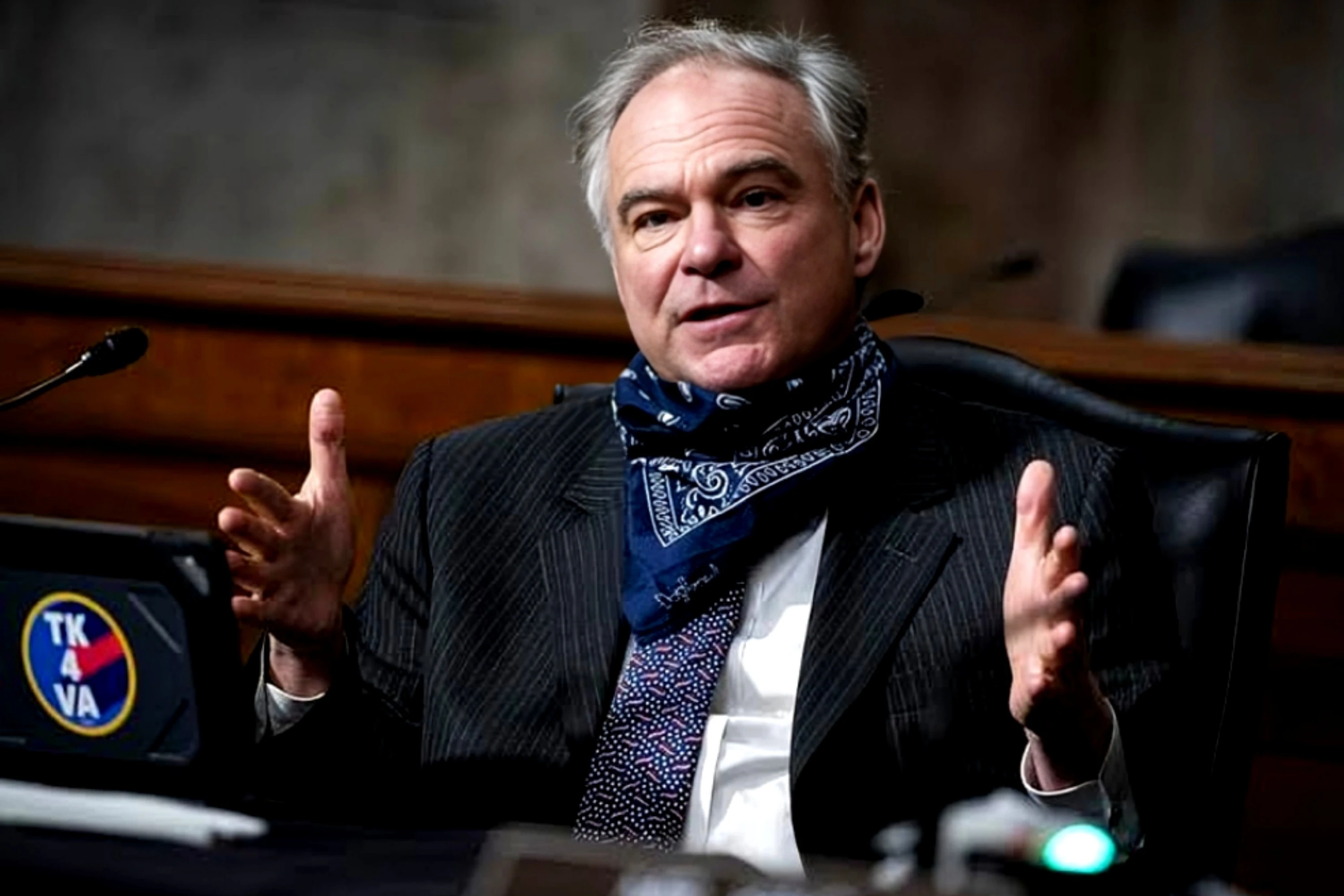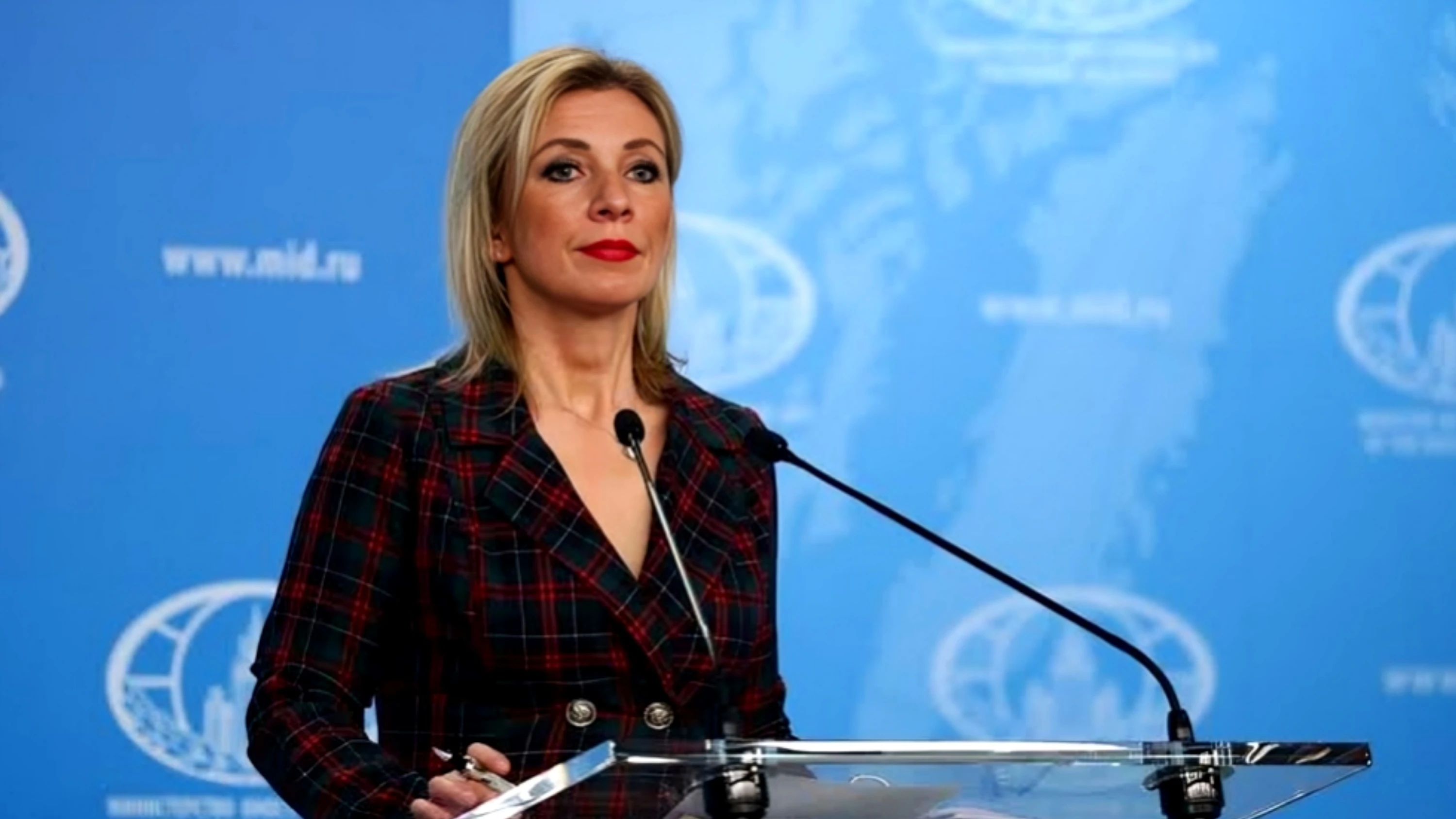Manitoba: Nearly 17,000 residents have been forced to flee their homes as wildfires continue to sweep across the Canadian province of Manitoba, with officials warning that the situation could worsen in the coming days.
The city of Flin Flon, located on the Manitoba-Saskatchewan border, has evacuated over 5,000 people. Although the mining city, roughly 650 kilometers north of Winnipeg, had not yet seen fires within its limits as of Saturday morning, authorities remain concerned. A shift in wind could quickly carry flames into the community, especially as no rain is forecast in the near future.
Manitoba declared a state of emergency on Wednesday, as wildfires stretching from the northwest to the southeast prompted evacuations in several areas. Nearby provinces are also being hit hard. In Saskatchewan, around 8,000 people have already evacuated, with Premier Scott Moe warning that number could climb to 10,000 as hot, dry conditions persist.
“The next four to seven days are absolutely critical,” Moe said during a Saturday news briefing. He stressed the need for a significant change in weather, ideally a sustained rainfall, to ease the fire threat. Evacuation centers have been set up throughout the province, including one just 20 kilometers from the U.S. border.
In Alberta, more than 1,300 people from Swan Hills, a town northwest of Edmonton, have also been evacuated due to the blazes.
The fire currently threatening Flin Flon began earlier in the week in Saskatchewan and has since crossed into Manitoba. Crews are facing major challenges in containing the flames, with thick smoke at times grounding water bombers. Firefighting efforts have also been hampered by unauthorized drone activity.
Smoke from the fires is drifting south into parts of the United States, significantly degrading air quality in areas of Minnesota and Wisconsin, where conditions have been deemed hazardous for both humans and animals.
In a show of international support, the U.S. Department of Agriculture’s Forest Service has dispatched an air tanker to Alberta and is sending 150 firefighters to assist Canadian crews.
“We stand with our neighbors in this difficult time,” said U.S. Secretary of Agriculture Brooke L. Rollins. “Our wildland firefighters are among the best in the world, and I’m grateful to those who are answering the call.”
This wildfire emergency follows Canada’s most destructive fire season on record in 2023, when widespread blazes filled the skies with smoke for months. The Canadian wildfire season typically spans from May to September, and with summer just beginning, authorities fear a repeat of last year’s crisis.








